It is needless to say that the world we live in went through an unexpected and challenging transition. From 2019’s clear vision to 2020’s plunge into the unknown, we had to become accustomed to the thought of an unseen enemy amongst us, then, as a society, come together and find a way to defeat it.
The FDA’s authorization of both Pfizer and Moderna vaccine in December came as a Christmas miracle for those who look forward to the end of the pandemic. However, with so many voices questioning their efficiency and safety, will the vaccines be enough to usher in a COVID-19 free world? Are we truly going to face our past mistakes and allow the answers to guide us towards a better future?

Aside from bringing us closer together as a community, the COVID-19 pandemic has also played the role of a healthy yet necessary wake-up call: as a whole, our mentality must move from letting the next pandemic take us by surprise to preventing it from happening in the first place. This line of thought must become our society’s rule of thumb, from nutrition and daily exercise all the way to the medical field.
Although we do not always take these words seriously, staying healthy is not a matter of taking a pill whenever your head feels like it’s going to explode. On the contrary, to remain healthy, one must observe the body as a whole and work towards proactively ensuring its health with proper diet, exercise, and a solid sleep schedule. If anything, this is the lesson that the pandemic taught us the hard way.
While some of us might not give it enough credit, some dentistry voices call for a shift towards a more preventative practice. A champion of the field of dentistry, Dr. Jon Roxarzade, shares these views: “Dentistry must move from reactive to proactive and preventative.” After years of medical practice, Dr. Roxarzade had to say goodbye to the office after an accident that forced him to reconsider his dentistry role. Nowadays, he’s joining forces with Pacific Dental Services to inoculate this preventative mindset into the minds of future practitioners.
Since he was a student, Dr. Roxarzade was keen enough to notice the connections between the mouth and the rest of the body: “Your mouth is the gateway to your body. It is where everything starts.” This observation became a stepping-stone for Dr. Roxarzade’s future dentist career. He took his first steps towards studying these connections while explaining to his patients how even a meaningless detail could be a game-changer in the world of dentistry: “I would sometimes get patients who would refuse to fill out their health history. ‘Oh, this is too long, what does my heart have to do with my mouth?’ and I used to tell them, number 1, if you didn’t notice, they’re connected, your mouth is literally a few inches from your brain, from your eyes, and a foot away at best from your heart. So it is. The mouth is a pathway to the rest of your body. And it’s highly vascularized, so whatever happens, whatever goes into your body, happens to the rest of your body.”

As a meaningful anecdote, he let us in on a story about teaching one of his patients how putting natural glycerin under a patient’s tongue can save them during cardiac arrest. Since the mouth is highly vascularized, drugs administered orally can make the difference between life and death. However, lacking this knowledge can be detrimental to both the dentist and the patient. As Dr. Roxarzade explained to us: “Some (patients) will come in and say well, I’m taking all these medications, but I don’t know what they are. Well, I need to know what they are because, for example, if you are taking a certain medication, my anesthetic may counteract it, or I may have to give you more, or less, or a different kind. Everything matters.”
Luckily, the field of dentistry has made serious progress since Dr. Roxarzade was a student. Over the past decade, research has confirmed his observations on the link between the mouth and the rest of the body: “So, I’ve always had an eye for the oral-systemic connection, and I understood it really well, but obviously the research and data wasn’t there. This research and data are really coming in the last 7-10 years. It is undeniable now; there is a ton of research that is showing that what’s happening in your periodontal condition, your mouth, has a direct impact into the rest of your body. We’re learning more and more every day.”
Speaking about how many serious diseases are linked with inadequate oral hygiene, Dr. Roxarzade explained to us: “The same bacteria that we find in gum disease, for example, sometimes we find it in cardiovascular disease or kidney disease.” In a study published in the Journal of Pharmacy and BioAllied Sciences, a research team pointed out the link between chronic inflammatory periodontal disease and systemic health conditions, such as coronary heart disease. The research team focused on how the C-reactive protein (CRP), when associated with periodontitis, increases chronic heart disease risk.
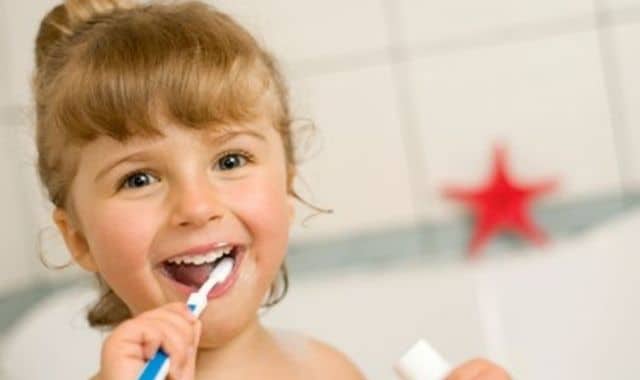
The discoveries went even deeper than the general health’s physical aspect. Dr. Roxarzade explained to us how similar bacteria can develop both periodontitis and dementia. “What happens is that we will find the same biomarkers that are in periodontal disease, for example, or some of the same bugs I should call them, we find some of the same bugs in, for example, I’ll give you dementia. A British study in 2012 found that older adults with poor dental hygiene were 76% more likely to develop dementia. And, in 2013, a study found that it’s called Porphyromonas Gingivalis. P. Gingivalis is a bacteria that is associated with gum disease, they found that bacteria in the brain of people with dementia.”
To sum things up, scientists found a link between periodontitis and a myriad of diseases, such as dementia, heart problems, dry mouth, diabetes, osteoporosis, and nighttime reflux. Unfortunately, these health issues can go as far as affecting a fetus in their mother’s womb: “We know when our female patients are pregnant, they can actually have more birth defects on premature births if they have periodontal disease,” Dr. Roxarzade tells us.
Therefore, how do we go about preventing these diseases in the first place? As he made it abundantly clear from the beginning, the answer lies in turning towards preventative dentistry and better patient education. The medical field’s latest discoveries point out that routine dental check-ups are the secret behind revealing health conditions in their incipient state.
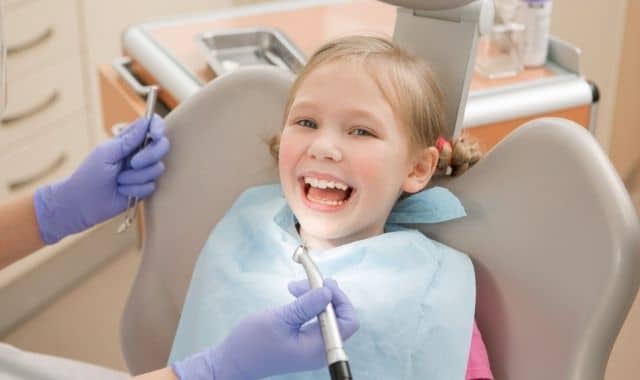
In a study published by the American Heart Association, researchers concluded that patients who received adequate oral hygiene showed a 24% lower risk of cardiac arrest and a 13% lower risk of stroke than patients with bad oral hygiene did. Another study showed how patients who do not visit general health care providers regularly but do pay visits to the dentist have an increased chance of uncovering diseases in different phases than other patients.
It is time to enjoy the endless possibilities of technological advances and look towards preventative medicine, Dr. Roxarzade believes. With the indisputable link between the mouth and the rest of the body, it is safe to say that further research in the preventative dentistry field, coupled with strong, well-coordinated awareness campaigns, can bring more patients to the dentist’s office. We hope that Dr. Roxarzade’s dream of making people see that the dentist’s mission is about oral hygiene and general health as a whole will come to life.


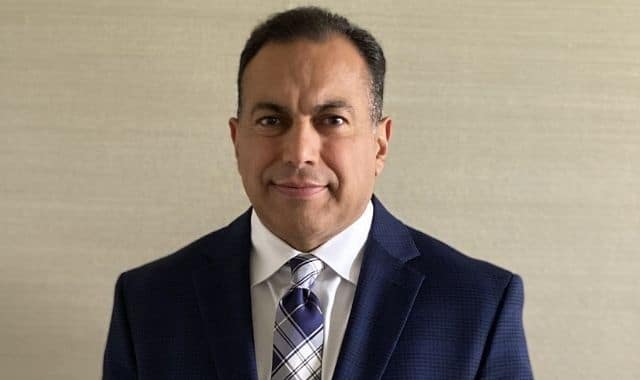
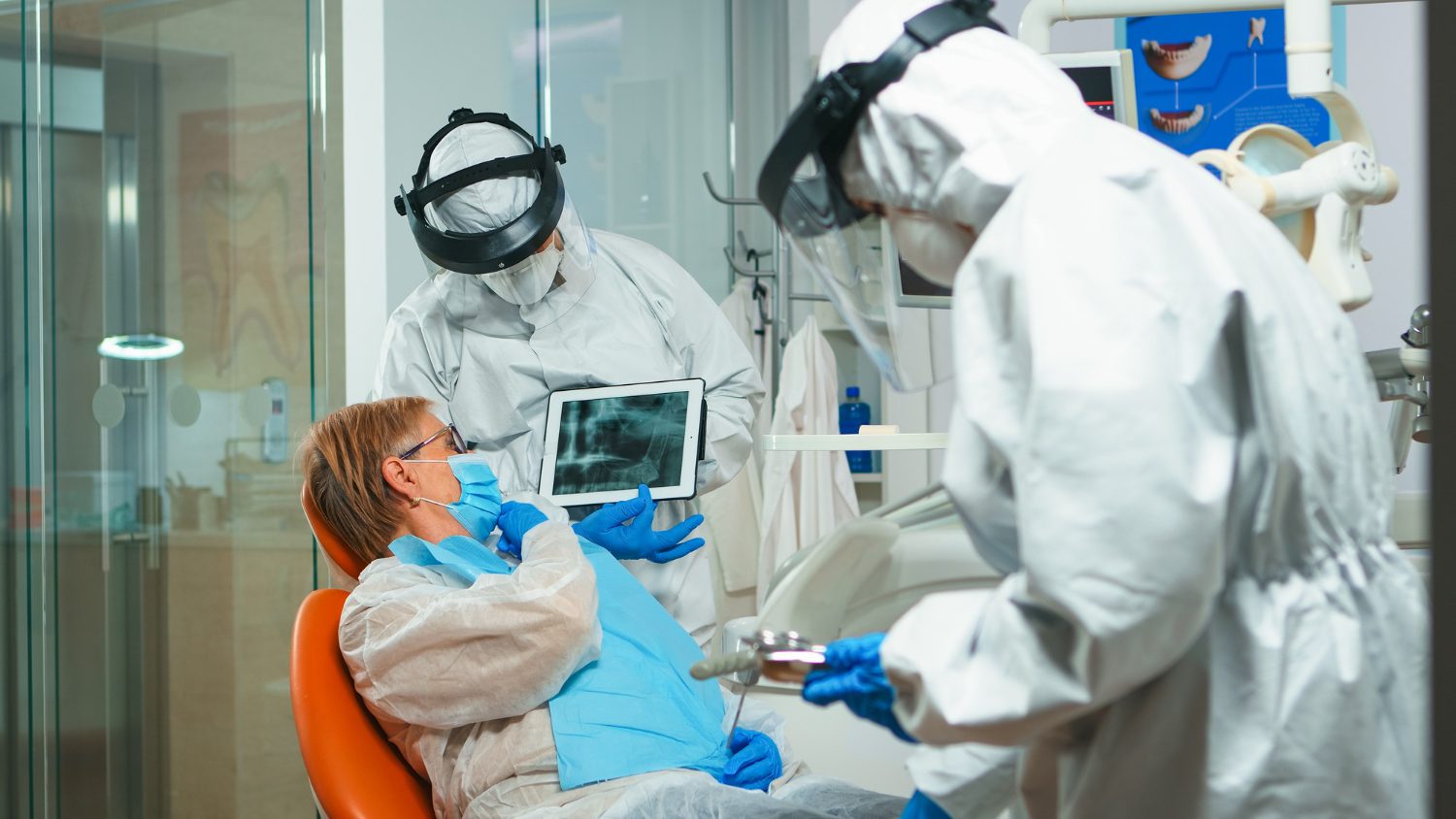
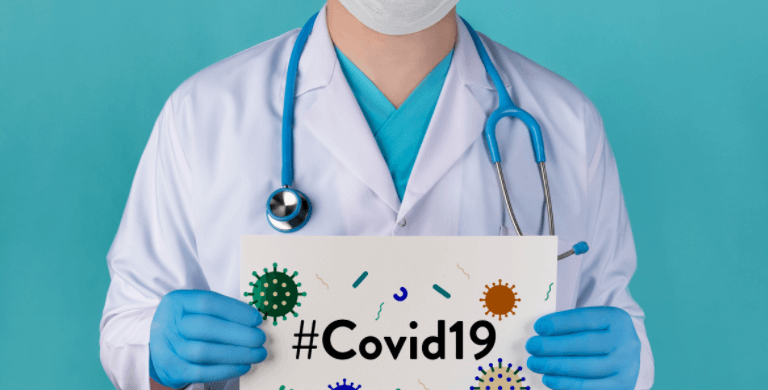

0 Comments